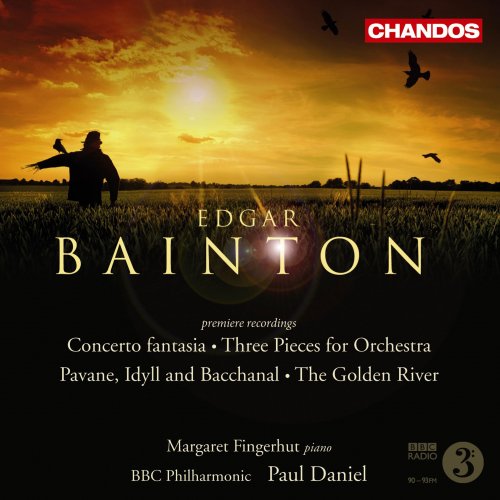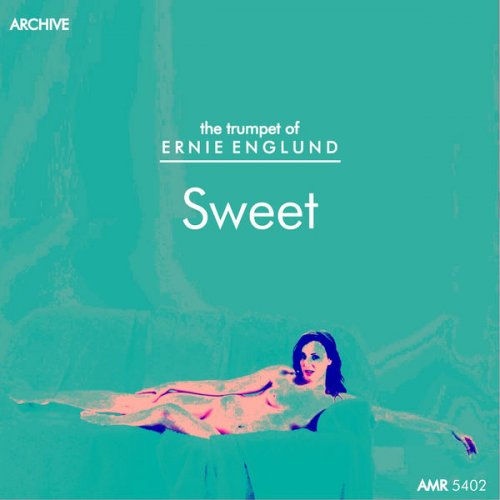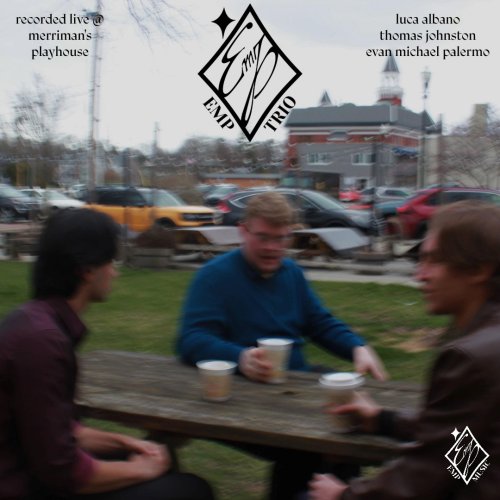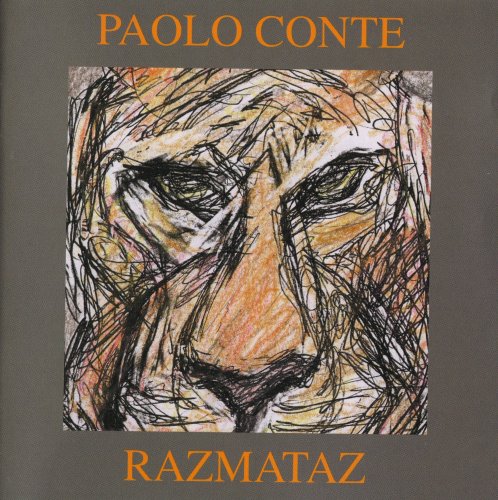Margaret Fingerhut, BBC Philharmonic, Paul Daniel - Bainton: Orchestral Works (2008) [Hi-Res]

Artist: Margaret Fingerhut, BBC Philharmonic, Paul Daniel
Title: Bainton: Orchestral Works
Year Of Release: 2008
Label: Chandos
Genre: Classical
Quality: flac 24bits - 96.0kHz +Booklet
Total Time: 01:08:29
Total Size: 1.1 gb
WebSite: Album Preview
TracklistTitle: Bainton: Orchestral Works
Year Of Release: 2008
Label: Chandos
Genre: Classical
Quality: flac 24bits - 96.0kHz +Booklet
Total Time: 01:08:29
Total Size: 1.1 gb
WebSite: Album Preview
01. 3 Pieces: I. Elegy: Lento, molto tranquillo
02. 3 Pieces: II. Intermezzo: Vivace, molto leggiero
03. 3 Pieces: III. Humoresque: Vivace con brio
04. Pavane, Idyll and Bacchanal: I. Pavane: Andante
05. Pavane, Idyll and Bacchanal: II. Idyll: Moderato, con grazia
06. Pavane, Idyll and Bacchanal: III. Bacchanal: Allegro, molto vivace, e con fuoco
07. The Golden River, op. 16: I. South West Wind Esquire: Molto energico
08. The Golden River, op. 16: II. Little Gluck: Allegretto
09. The Golden River, op. 16: III. The King of the Golden River: Allegro, alla burla
10. The Golden River, op. 16: IV. The Golden River: Andante, molto tranquillo
11. Concerto fantasia: I. Quasi cadenza - Adagio, molto espressivo
12. Concerto fantasia: II. Scherzo: Molto vivace -
13. Concerto fantasia: III. Improvisation: Quasi cadenza - Lento
14. Concerto fantasia: IV. Finale: Allegro, molto ritmico e risoluto -
15. Concerto fantasia: IV. Finale: Epilogue: Adagio, molto espressivo
The earliest work recorded here, The Golden River, is taken from the Newcastle years and takes its inspiration from the short story by John Ruskin. The original version was completed in 1908 before being completely revised and a new third movement added in June 1912 – the version you hear on this
recording. Last performed in 1913; this is the first time it has been heard in over 90 years. In 1914 while en route to the Bayreuth Festival, Bainton was apprehended as a British civilian in wartime Germany and interned for the next four years in Ruhleben Camp near Berlin. He was placed in charge of music-making at the camp and became acquainted with a number of other musicians, including Ernest MacMillan and cellist Carl Fuchs. Despite many hardships this four-year exile proved to be a period of great creativity, resulting in Three Pieces for Orchestra and a piano concerto, his Concerto Fantasia, which he completed in 1920, and was awarded a Carnegie Prize. Bainton’s approach to Concerto Fantasia is original, (although possibly sparked on hearing Busoni’s Piano Concerto in 1909) the ‘Fantasia’ element being created by the opening cadenza which continually re-appears at various stages of the work and an integral part of the thematic material. At a performance given in Birmingham in 1921, with Bainton as soloist, the critic Alfred Sheldon wrote “… the event introduced to Birmingham the most considerable contribution to the repertory of music for piano in combination with orchestra we have had from a composer for many years.” Here the work is performed by Margaret Fingerhut, who has an extensive discography with Chandos. In a recent review she was described as “an accomplished and stylish advocate” (BBC Music Magazine). Completing the repertoire is Bainton’s only published orchestral work, the poignantly Pavane, Idyll and Bacchanal. All premiere recordings.

![Frode Kjekstad - Stars Aligned (2026) [Hi-Res] Frode Kjekstad - Stars Aligned (2026) [Hi-Res]](https://img.israbox.com/img/2026-01/08/n12580el2kaqvo9f0inrj0po7.jpg)






